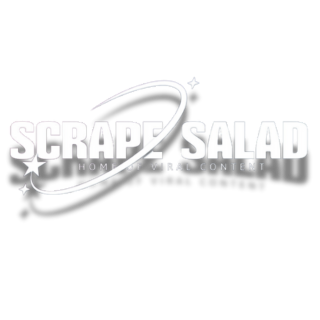Choosing a career path, some future college students might feel, is a huge step – one that can be overwhelming and scary. Students can decide which direction to take by asking basic questions.
Here are the 10 biggest things to keep in mind when I think not of college, but of the real world I’m going to enter right after college.
- Your passion and skills
What’s your thing? What would you do if you didn’t get paid? What do you do for free and enjoy it? Your paid work might not be an exact match for what emerges, but give it a ten-minute fantasy and then jot down the top three reasons you get out of bed in the morning. What inspires you? What motivates you? After you’ve jotted down your inspiration, what links show up?
Spend a minute making a list of your top skills (writing, mathematics, computer coding, etc). Are there any cross-references that leap out at you between the two lists? If there are, you might be on your way down your career path.
- Your personality
Perhaps equally if not more important than knowing what you want (what you love) and what you can do (what you’re good at) is knowing who you are.
If you’re an extrovert – a people person – don’t run a library, and if you’re introverted, avoid working in customer service or the hospitality industry.
Besides simply writing down a list of your biggest personality traits, visit NCCareers.org and use the Interest Finder to gain more insight into this dynamic. Be sure to log in and save your assessments on your personal CFNC Dashboard using your CFNC user ID and password. Another great free personality test online is 16 Personalities.
- Your goals

Career – Education – Knowledge & Skill – Experience/Training – Ability – Goals
What is your North Star when it comes to your career? Is a fat pay cheque the biggest carrot or does a good work-life balance mean the most to you? Do you want to travel the world or work anywhere in the world from your kitchen table? Do you want to live in a big city in the heart of everything or in a more rural setting on a large tract of land? Where do you see yourself in five years, 10 years, 20 years?
Before you even begin to do the research to discover what your possible careers might be, you have to start building a picture of what your potential future might look like. Write down what matters most to you. A vision board could be helpful here as well, in order to aid you in the initial stages of trying to identify the pillars of your potential career.
- Your values
What is most important to you?Just as you’re starting to formulate your goals, you need to decide which values will help you get there. It might be helpful for you to keep the list of personality traits you made handy for this exercise because many of them can be traced back to values.
Do you imagine you’d be happiest working in a particular kind of culture, or for a particular kind of leader? Are there aspects of the world that, because of your convictions, simple logic, or deepest instincts, could never be ‘deal breakers’ for you? Perhaps some of these answers are clearer to you than others. Some might take decades to make themselves known.
When it comes the actual process of ‘values clarification’, the literature is extensive: try In Search of Values: 31 Strategies for Finding Out What Really Matters Most to You (1986) by Sidney B Simon.
- Your options
With some understanding of what your ideal job might look like, we can now explore the world of occupations available to you. A good place to start is the “Explore Occupations” tab on the NCCareers.org site. Search for careers by more than 800 job titles. You might also search for the fastest growing jobs in North Carolina; or filter and sort the results for a number of options. Not sure what to type in for an exact job? You can also just click on the “Career Cluster” to see what jobs are included in an entire industry. Write down the titles of the jobs that interest you most. You can save career clusters in your CFNC Account.
Second, not everyone is suited for a nine-to-five working arrangement where you report to a traditional boss. After you review occupations, you can assess whether you are best suited to be your own boss by accessing the Small Business/Entrepreneur Readiness Survey under the ‘Be Your Own Boss’ tab under ‘Find My Interests’ on NCCareers.org.
- Your potential salary

You have a list of potential job titles.
Hooray!
Now it’s time to get a feel for what you could make in those possible occupations – you have to remember that rent bills don’t pay themselves. A good place to start is the ‘Salary Range’ filter under the ‘Explore Occupations’ tab on NCCareers.org.
For a dive into current and past salaries for occupations: Salary.com; Glassdoor; PayScale. Write down the given salary ranges for each job – and search by the place in which you would like to live – to get a better feel for how much a profession pays that is commensurate with the region of the country you want to live in.
- Your job prospects and outlooks
You need to combine the passion thing with the practical thing – what skills are going to be in demand and what, in five or 10 years, will be gone and what will be needed to help the world change.
Although no crystal ball can project what jobs will be like 10 years from now, various tools can help to get a good idea of the fastest-growing and most in-demand careers. The Department of Labor’s Occupational Outlook Handbook is a good place to start. The site can also provide a rough estimate of salaries.
- Your educational costs and training
In other words, there is no single ‘control’ against which we can compare the education and training required for different occupations: some do take graduate school; some take internships; some demand that you rack up so many hours as a resident in order to become a physician.
Notice which professions require more schooling and training to get into so you can start to sketch out in your mind a rough timeline of when you might be able to go from student to practitioner – and start to plan ahead for what it will cost to pursue those educational paths as you start to save and budget for college. Check out the Occupational Outlook Handbook’s ‘Field of Degree’ page for a good place to start.
- Your resources at home and school
It’s also worth finding a face-to-face third party, such as a school counselor, who can help you identify resources to help you make the best choice for the next rung on your higher-education ladder.
Also, a school counsellor can help you to map out a career path as well as provide you with resources to send you on your way.
Many high schools in North Carolina also have NC Career Coaches, who serve as ambassadors to local community colleges, and College Advisors, which is part of the College Advising Corps.
Finally, you can always sit down with a parent or other family member – in fact, the more the merrier, especially if he or she is in a field you are considering pursuing. Even if not, there is a good chance that he or she knows someone in such a field – and might be able to set up an informational interview for you (see below).
- Your learning opportunities
One of the best ways to get a sense of what a job is like is to schedule a ‘practice interview’ with a person in that field. Send someone an email asking to spend just 15 minutes on the phone, via Zoom, or (if local) having coffee to hear about their job.
Have a short list of questions to ask, with the final question being ‘How can I help you?’ Ask who else you should speak with. Write a thank-you note. Before too long, you will have begun to learn the fine art of networking, all along your first career road.
With a clearer idea of what major and career path you’d like to pursue, you can then begin to search for colleges that offer majors in your area of interest. Use the CFNC College Search to create a list of colleges. After you’ve created your list, use the CFNC Application Hub to apply, send transcripts, and check the status of your college applications.

Written by Danielle LaFaver
Danielle LaFaver is a Trending, Lifestyle and Entertainment Writer and Photographer at Scrape Salad who focuses on Life Blogging, Beauty, and Fashion. She is currently working with Lemon8.com, Fitness Flixx, Jeremy Lee LaFaver, Shein and other agencies.






